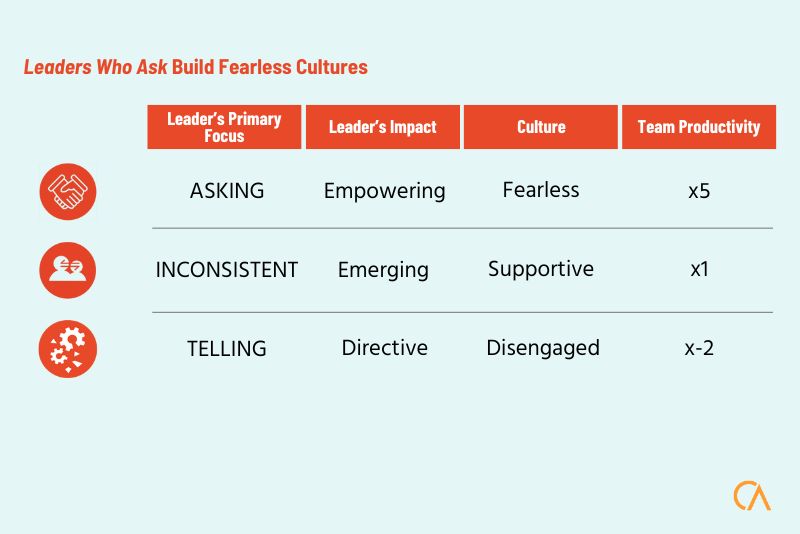
Of the 7 dimensions of a Fearless Leadership Team, ‘courage’ is that one that executives typically self-rate the lowest.
My executive team always makes courageous leadership decisions. YES / NO
If I was to ask you that question, how would you respond? What would your peers say? What kind of conversation would this question prompt?
Fearless leadership teams hear and debate all points of view, and then make and enact courageous decisions. Listening requires courage – when we truly listen, we may need to change our mind! An open debate requires us all to speak out, voice our truths, and engage with the views of others. Implementing our decisions may take bravery and tenacity. Just because it’s important, doesn’t mean it’s easy!
The consequences for not making decisions are greater than the consequences for making the wrong decisions. According to the ‘CEO Genome Project’ which researched the traits of successful CEOs (‘Harvard Business Review’ May-June 2017), high-performing CEOs stand out for being more decisive. ‘They make decisions earlier, faster, and with greater conviction. They do so consistently—even amid ambiguity, with incomplete information, and in unfamiliar domains.’
What causes a lack of courage when it comes to executive team decision making? Discussions I have with senior leadership teams usually identify at least a few of these factors:
- Lack of clear purpose that guides priority setting, so that decision making occurs without clear a strategic and/or operational framework and agreed priorities.
- Lack of cabinet solidarity, so team members are reluctant to make decisions as the outcome won’t be jointly shared, championed and progressed.
- Risk aversion stemming from the desire to protect and maintain past success.
- A culture of permission seeking right through the organisation, leading to a lack of empowerment.
- History of blame and shame when past decisions were not successful, leading to a reluctance to go out on a limb now.
- Protecting staff by not wanting to take too much on, so holding off on decisions.
- Inability (or unwillingness) to surface and debate disagreement, leading to decision avoidance.
- A culture of low accountability, leading to poor project delivery and a lack of confidence in decisions we make.
- Lack of confidence to make bold decisions that might steer activity away from the ‘norm’ for your sector. This may come from the executive team, or from the board.
- And more recently… Exhaustion and/or overwhelm resulting from the challenges of leading through a pandemic.
Which of these issues resonate with you? What else do you see that impacts courage?
What needs to happen in the culture and practices of your leadership team so that courageous decision making becomes the norm?
Go Fearlessly.
STAY IN THE LOOP





